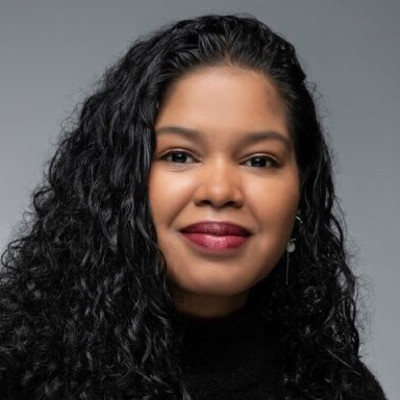The Graduate Housing Search
July 21, 2022
Andy Mendez, MBA/SID '23
 Moving to a new area can be daunting, but also very exciting! In two weeks, I’ll be moving to a new apartment for my second year of study. All the packing, cleaning, and decluttering has had me thinking back to my original experience moving to the Waltham area last year.
Moving to a new area can be daunting, but also very exciting! In two weeks, I’ll be moving to a new apartment for my second year of study. All the packing, cleaning, and decluttering has had me thinking back to my original experience moving to the Waltham area last year.
I began very casually looking for housing as early as late January 2021. In that month, I added myself to the Facebook Housing groups, signed up for the graduate housing email listserv, and began doing some very basic research on the neighborhoods in the area, such as Somerville, Cambridge, and Newton. I began responding to apartment listings in earnest in April. At the time, I was in a bit of an untraditional situation. I was technically based in Chicago, where I was doing access to justice work with a legal aid office as part of the AmeriCorps program. In early 2021, my office was still fully remote, so I moved back temporarily to Morocco, where I had completed Peace Corps two years earlier. This move allowed me to save up much more money toward grad school but, at the same time, it meant I could not visit any of the Waltham area listings in person and had to rely on photos and video tours. To give myself an advantage, I reasoned that I would aim to do a summer sublet in the area. This would give me time to get used to Waltham before school started and would allow me to be on the ground to scope out other places for the fall should I not end up liking my summer accommodation.
One of the most stressful things about the housing search is how limited the housing is in the Greater Boston area. Many people will be familiar with the housing crisis that had been affecting large coastal cities in the US even prior to the pandemic. Given Greater Boston’s 118 academic institutions, every year students flock to this area for degree programs and internships. Simply put, the demand is greater than the supply. Starting early allowed me to get a sense of the type of housing available and what areas made the most sense for my budget and commute. In particular, I made sure to note how far each apartment was from grocery stores, supermarkets, and public transportation. The Branda and MBTA apps were really helpful for learning the bus routes. By the time I was looking in earnest in April, I knew roughly what I was looking for.
To stay organized, I created a very basic spreadsheet. On this sheet, I kept track of the contact person (usually one of the current tenants, but sometimes also the landlord or broker), the associated costs (including monthly rent, security deposit, broker fee, application fee), move-in dates, number of roommates, address, and distance from campus.
It was really easy to find roommates who were also graduate students at either the Heller School, the International Business School, or the Graduate School of Arts and Sciences because they are also all looking for housing in the same area close to Brandeis. For me, this has been a great way to connect with people outside of my program.
My biggest piece of advice is this – although housing is limited, you should not feel pressured to take the first thing you find. If you start early enough, you will end up having a few different options to choose between. This will make sure you find accommodation that is really right for you, rather than having to commit to something unsuitable out of desperation. With a little preparation, you can find a great new place to call home.
